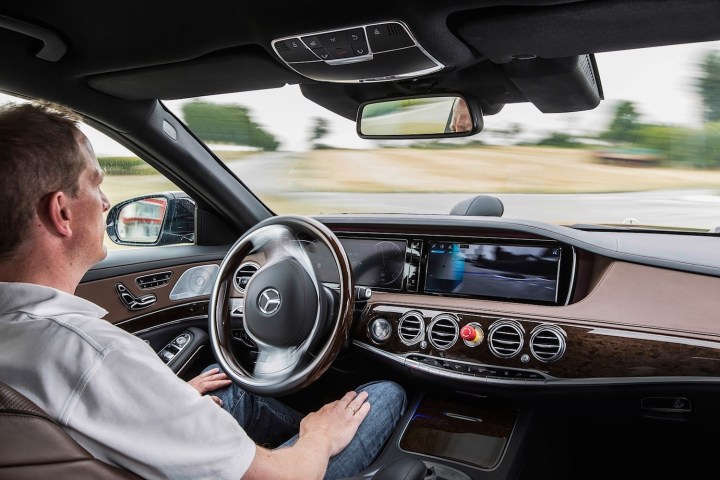
A pair of automakers and one technology giant are now attempting to fast-track at least one part of the regulatory process: liability for an autonomous vehicle accident. Volvo, Google, and Mercedes-Benz have now all said that they will accept full liability if their self-driving vehicles cause a collision.
Volvo’s CEO, Håkan Samuelsson, will announce the decision when he speaks in Washington D.C. on Thursday. He will also describe the process of getting these types of vehicles to market. “The U.S. risks losing its leading position due to the lack of federal guidelines for the testing and certification of autonomous vehicles,” Samuelsson said. “Europe has suffered to some extent by having a patchwork of rules and regulations. It would be a shame if the U.S. took a similar path.”
60 Minutes is reporting that both Google and Mercedes-Benz have claimed they would also accept responsibility for collisions caused by their cars, mostly because both companies expect few if any accidents will ever happen.
Presently, four U.S. states allow autonomous-vehicle testing on public roads: California, Nevada, Florida and Michigan. The NHTSA is currently working on how to set standards that will be consistent across the states, and it previously issued an advanced notice of upcoming laws and regulations to mandate vehicle-to-vehicle communication.
There will no doubt be stages of self-driving vehicle adoption within the market, and some initial parameters may include designated roads, times of day, and manual overrides for models equipped with these technologies.
Expect more automakers to jump on board by accepting liability in autonomous accidents to speed the regulatory process along.


